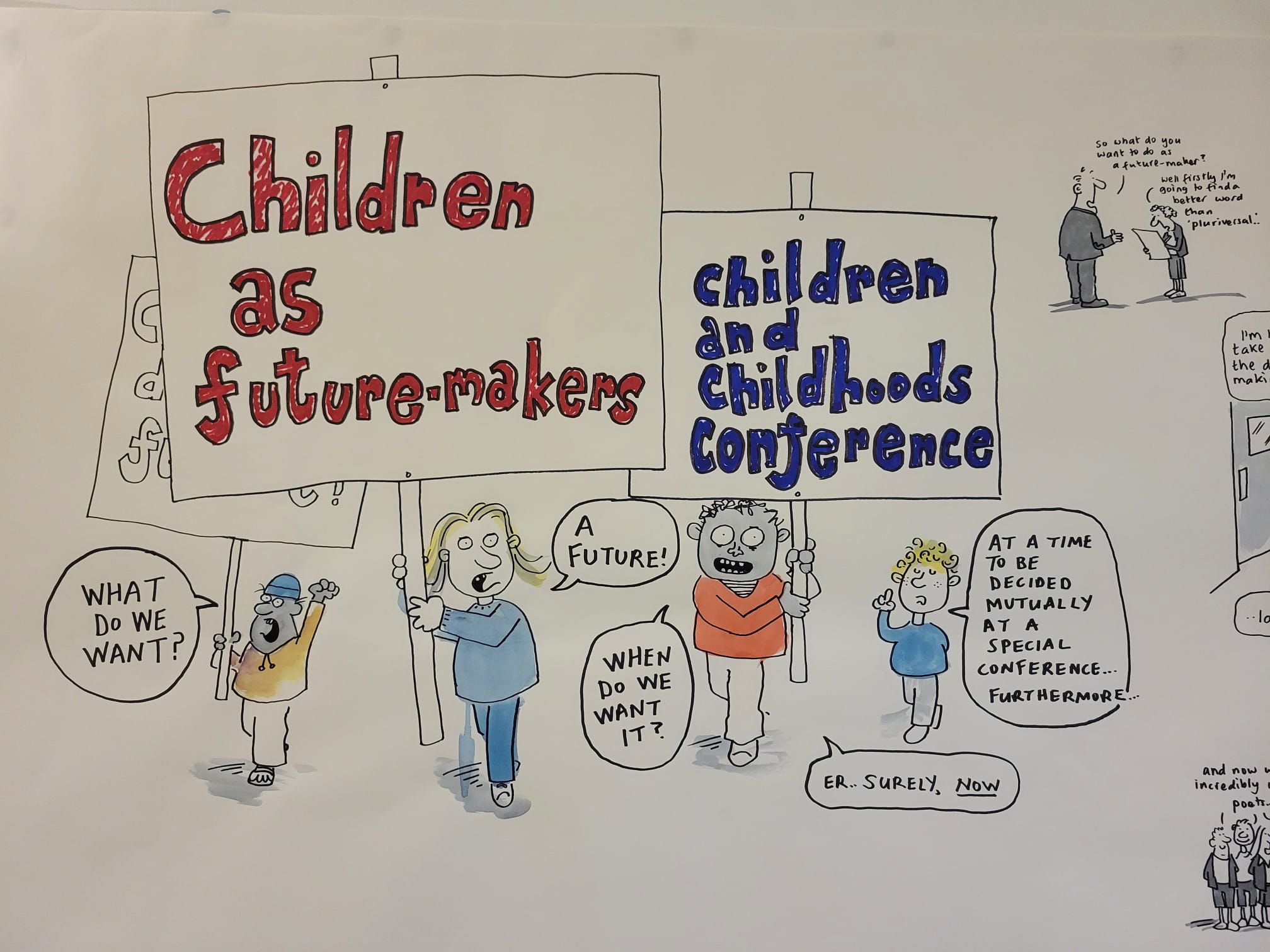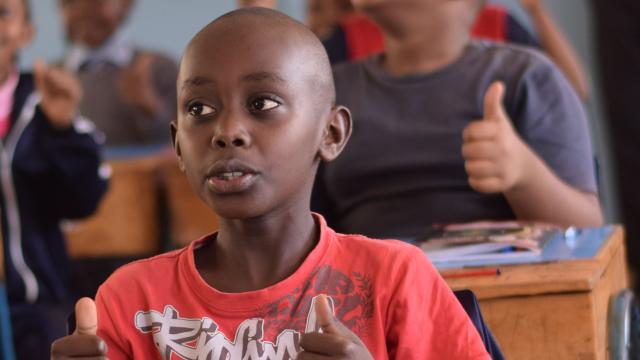The 6th Children and Childhood's Conference at the University of Suffolk brought together educators, researchers, and practitioners to converse and conceptualise about children and childhoods around the world.
GSF presented on "approaches to monitoring and evaluating early childhood innovations" which covered the seminal work being done by some of our community members, including Tiny Totos, Lively Minds, and StreetChild.

This blog aims to highlight some key learnings from the two-day conference.
- Children's Journeys:
We were all once children, each on our own journey. It is important to understand the importance and needs of every step of growing up.
Maternal health, well-being and environment influence the development of the child before they are born. Pre-natal care and development can have a strong influence on how a child begins their life.
As they grow, children begin to make decisions very early in life. These decisions can form lifelong habits. We must pay attention to what knowledge and tools we equip children with to make these decisions so that they develop life-long healthy habits.
When they are of school-age, what children want and need from their environments is often not very complicated. Clean, friendly environments to study in, teachers and parents that do not yell at them, access to spaces to play with their friends and the experience of having their voice heard.
In speaking of the future of children, we must speak of their futural orientations- aspirations, admirations, hope, desire, fear, anxiety. How do they understand their futures? And how can we help them navigate it?
- Education's Fit for Purpose:
Multiple models of early childhood innovations can exist within the same community, from training caregivers to developing ECED centres. The "right" model is the one that is fit for purpose.
It is also important to embed any early childhood innovation within the larger context of educational provision within the community. To what extent is ECED able to prepare children for success if the primary public education system does not support children in flourishing? This prompts the question: what are the strengths, but also the limitations, of ECED?
- Navigating Polycrises:
Many children are navigating multiple stressors- poverty, climate change, political and economic instability, war. It is important for our work to consider how these crises intersect to affect their lives. While we may aim to primarily address the numeracy, literacy, social and emotional development, or other elements of child education and development, this does not exist within a vacuum and any proposed innovation must consider the context within which the child exists.
The keynote speaker, Dr. Karen Wells, concluded the conference on the idea of "optimism of the will and the pessimism of the intellect", adapted from Antonio Gramsci. This phrase means that an understanding of present (with its necessary skeptism) and a hope for the future (and its necessary optimism) is what must align our efforts. "The future is always open", she concluded, and indeed: it is.

